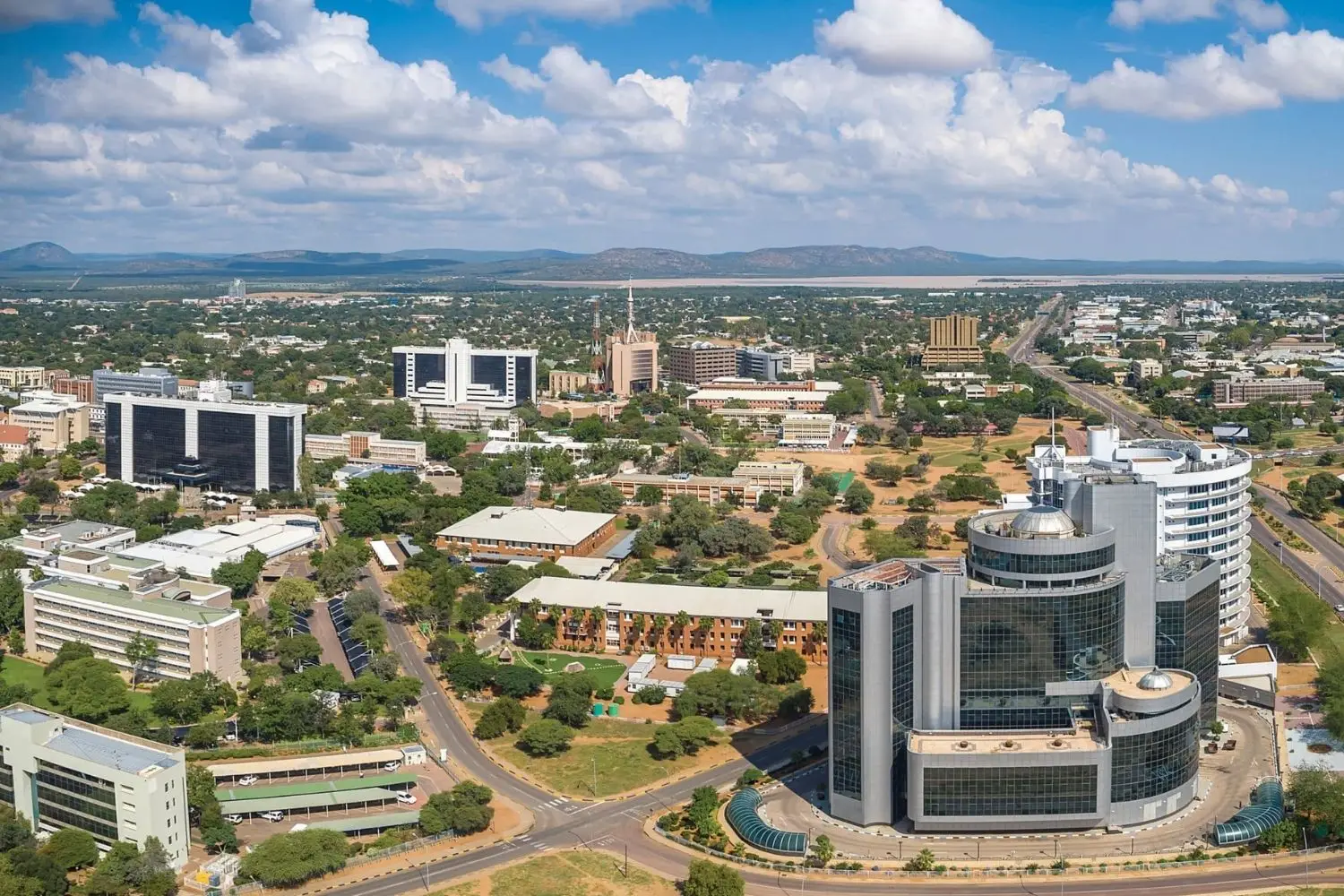Hire and pay employees in Botswana with 100% compliance and speed.
ADS handles payroll, tax, and local regulations.

Seamlessly onboard employees with compliant contracts, local benefits, and comprehensive HR support across all African markets.
Accurate, timely payroll processing in local currencies with tax compliance and statutory deductions handled automatically.
Stay fully compliant with local employment laws, tax regulations, and statutory requirements in every African country.
Comprehensive benefits packages including health insurance, pension contributions, and mandatory local benefits.
Manage employees across multiple African countries from a single platform with unified reporting and oversight.
Get started in as little as 48 hours with our streamlined workforce setup process and local expertise.
Navigate complex labor laws in 50 African countries with our team of local experts.
Full-service HR support from onboarding to offboarding for your international team.
Get your team up and running across the African continent in as little as 48 hours.
Ensure accurate and timely payments while offering competitive benefits packages.
Protect your business from costly compliance mistakes and legal issues.
Relocate your talent across African borders with expert visa & immigration support.
Whether you are testing a new market or scaling your presence in Botswana, ADS provides a range of related solutions to ensure your business remains compliant and operational at all times.

Save 80-90% on setup costs compared to establishing your own local entities in multiple African countries.
Streamline your HR operations across the African continent with unified Standard Operating Procedures (SOPs).
Your dedicated account manager ensures smooth operations and is always available for assistance, help or queries.
Manage employees across multiple African countries from a single HR provider, with unified reporting and oversight.
Manage your entire workforce from a single point of contact, with consistent processes across the African continent.
Seamlessly scale from 1 to 1000+ employees across Africa without the complexity of managing multiple entities.
Chief Human Resources Officer,
GetMyBoat
“Working with Africa Deployments allowed us to quickly hire top talent across East Africa without establishing separate entities. Their service is absolutely invaluable.”
Chief Operations Officer EMEA,
Global Finance Partners
Head of Legal,
Ergos Mining
An Employer of Record in Botswana is a local entity that legally hires and manages employees on behalf of foreign companies while ensuring compliance with Botswana’s labor laws and tax regulations. It enables cross-border hiring without establishing a legal entity.
An Employer of Record in Botswana acts as the legal employer for your workforce, while your company directs daily work responsibilities. The EOR handles HR, payroll, tax, and labor compliance.
Using an Employer of Record in Botswana allows faster market entry and compliant hiring without the cost and complexity of registering a legal entity. It is ideal for temporary or exploratory operations.
Yes, EOR services in Botswana are structured to comply with the country’s Employment Act, tax regulations, and statutory benefit requirements. Contracts and payroll processes are localized accordingly.
Businesses expanding into Botswana without local incorporation or managing short-term projects benefit most from using Employer of Record solutions. It supports compliance and scalability.
Africa Deployments Ltd (ADS) provides EOR support to companies entering the Botswana market.
Hiring through an Employer of Record in Botswana typically takes 7–10 business days, depending on documentation readiness and registration processes. This is significantly faster than entity setup.
Yes, an Employer of Record in Botswana manages monthly payroll in local currency, including tax withholdings, statutory deductions, and payslip issuance. Payroll complies with local standards.
EOR services in Botswana include mandatory benefits such as paid leave, severance, and pension contributions in accordance with labor law. Additional benefits may be negotiated in contracts.
No, EOR services in Botswana are designed for full employment relationships, not independent contractor engagements. Misclassification may result in penalties or labor disputes.
An EOR in Botswana handles employment-related taxes such as PAYE (Pay-As-You-Earn), training levy, and pension contributions, ensuring full local tax compliance. These are filed with the Botswana Unified Revenue Service (BURS).
Africa Deployments Ltd (ADS) ensures full payroll and tax compliance for employees in Botswana.
Yes, an Employer of Record in Botswana can legally employ remote workers while handling compliance, payroll, and statutory obligations. This enables flexible hiring without the need for a physical office.
Employer of Record services in Botswana typically issue fixed-term or indefinite contracts in accordance with the Employment Act. Contract terms reflect the role and project needs.
An EOR in Botswana manages terminations in compliance with labor law, including notice periods, severance calculations, and dismissal procedures. Legal documentation is mandatory.
Africa Deployments Ltd (ADS) ensures compliant termination processes for Botswana-based employees.
Basic healthcare access in Botswana is public, but EORs may offer private medical insurance as an optional benefit depending on the client’s preference. It is not a legal requirement.
EOR services in Botswana provide HR support such as onboarding, leave tracking, documentation management, and employee relations guidance. Local HR experts handle compliance and employee communication.